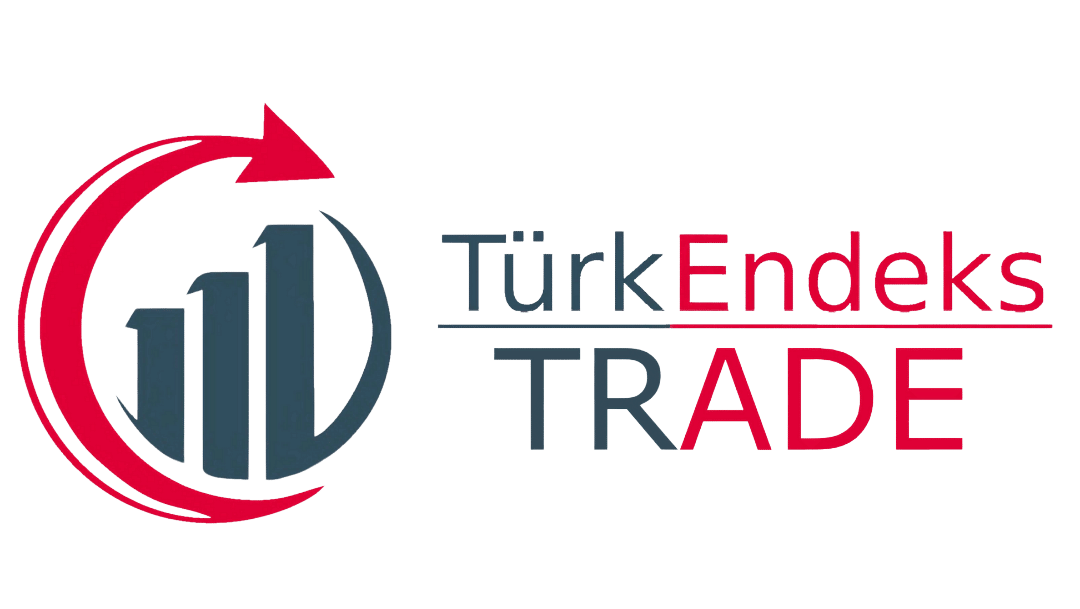WHY EXPORT?
WHY SHOULD EXPORT BE DONE?
In the era of globalization, with the reshaping of political borders and advancements in technology, the world economy has undergone significant transformation. The collapse of the Eastern Bloc and the emergence of new consumer markets have provided more opportunities for competitive producers, while the accessibility of technology has facilitated cheaper, faster, and higher-quality production methods, thereby increasing global competition.
Countries previously considered less developed have become capable of competing with advanced economies thanks to the expansion of communication networks and the explosion of access to information. This period stands out as a time in which these countries and firms can best capitalize on opportunities in global markets. Therefore, exporting has become extremely important for the growth and competitiveness of both countries and firms.
BENEFITS OF EXPORTING
To increase sales and profits, a company that demonstrates successful performance in the domestic market can likely enhance its profitability by entering international markets.
Companies seeking to gain market share from global markets can open up to the international arena, gaining the opportunity to learn about their competitors' market share strategies and marketing tactics.
Exporting firms aiming to reduce their dependence on the domestic market can develop their marketing capabilities while reducing customer dependency in the domestic market.
To balance market fluctuations, firms can reduce the risk of being affected by general and seasonal fluctuations in local markets by opening up to global markets.
By exporting to utilize excess production capacity, firms can reduce average unit costs by increasing production times and capacity utilization, thereby achieving economies of scale.
Exporting to enhance competitiveness can increase a company's and a country's competitiveness. By opening up to new technologies, methods, and markets, firms and countries can contribute to improving trade balances.
To increase employment, exporting goods and services can create new job opportunities and reduce unemployment rates.
To reduce the trade deficit, exporting can help correct the balance between imports and exports, contributing to a reduction in the trade deficit.
For firms seeking support from export specialists, organizations such as Turkendeks Trade, which promote foreign trade development, can provide guidance and consulting services throughout the export process, helping companies find solutions to potential problems they may encounter at every stage.
QUESTIONS TO BE ANSWERED BEFORE MAKING A DECISION FOR EXPORTING
Regarding the Company's Performance in the Domestic Market:
What are the success factors in the domestic market?
What is the current market share?
Export Motivation and Plan:
What are the objectives of exporting?
What is the hierarchical position of the export department?
Which personnel will be involved in the export process?
Is there a need to increase the number of personnel?
What are the experiences of the personnel in foreign markets and export matters?
How willing is the company to export and how ready is it to take risks?
Competitive Analysis:
What are the competitive advantages of the product or service in foreign markets?
What are the unique features of the product?
What are the general competitive advantages?
Target Market Determination:
Which markets are targeted?
How will stock levels be determined in foreign markets?
How is the performance of competitors in foreign markets?
Are there any customs duties, quotas, or other trade barriers restricting the product?
Cultural and Legal Compliance:
Is the product or service compliant with the cultural and legal regulations of the target market?
Is patent or trademark protection necessary?
What are the labeling requirements for the product?
Marketing and Sales Strategy:
What is the marketing plan for the product or service?
Which companies or agents have purchased similar products?
Who will represent the company in foreign markets?
Will an agent or distributor be assigned?
Which regions will be assigned to the agent or distributor?
What are the acceptable behaviors for the agent or distributor?
Can potential buyers see the product in action?
Are there suitable trade fairs to promote the product?
ESSENTIAL STEPS IN EXPORT PROCESSES
Detailed analysis of domestic market performance (from product, corporate, financial, and marketing perspectives).
Assessment of production capacity of the company.
Selection of target markets.
Evaluation of demographic, social, political, and economic factors of target markets.
Sector-specific market research and evaluation of results.
Determination of market entry strategy.
Identification and ensuring compliance with licensing, standards, and certification requirements in target markets.
Gathering information on patents and copyrights.
Finding and evaluating financing sources.
Identification of taxes, customs duties, fees, quotas, and other trade barriers and formulation of pricing strategy accordingly.
Preparation and implementation of marketing plan.
Determination and implementation of distribution methods.
Selection of representation or sales methods.
Negotiation and completion of sales contracts.
Completion of production and packaging of products, along with labeling.
Completion of necessary documentation and preparation of customs procedures.
Planning and management of logistics processes for the transportation of products.
Completion of insurance procedures and securing if necessary.
Consultation with external trade experts and customs consultants for detailed matters related to the above topics, and obtaining consultancy services if necessary.

